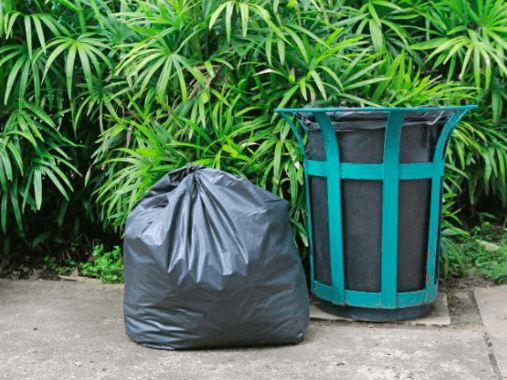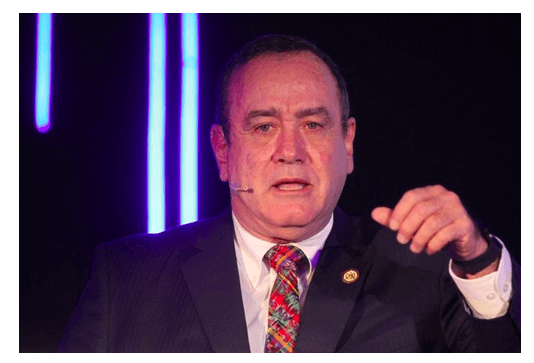The following article illustrates the cynical greenwash deployed by governments in their relationship with environmental protection. In this case, the government of Guatemala is shown to be the cheating ‘greenwasher’. (Both articles were originally sourced from the Spanish News Agency EFE and appeared in El Economista. We are grateful to Lucy Goodman for her translation and summary on behalf of The Violence of Development website.)
El Economista, 20/09/19

Key words: single-use plastics; Guatemala; repeal on change of government.
In September the Government of Guatemala announced the prohibition of the use and distribution of single-use plastic bags and other plastic items in order to contribute to the protection of the environment and gave a two-year deadline for adapting to this measure.
The Ministry of the Environment and Natural Resources published the government agreement in the official daily newspaper (Diario de Centro America), announcing the restriction that also applies to plastic straws, plates, cups, containers and plastic or polystyrene food packaging.
This movement does not restrict or limit any municipal initiatives with the same purpose, as within several constituencies in the country, similar measures have already been in place for a while. The Ministry of Environment and Natural Resources will be verifying, inspecting and monitoring compliance with this legislation itself, and wall train legal persons to apply the corresponding sanctions for non-compliance.
The only exempt plastic items will be those “for medical or therapeutic purposes”, as well as imported items that are “factory sealed with plastic material or expanded polystyrene”.
Showing a photo of a turtle tangled in plastic, the then-president Jimmy Morales celebrated on social media this decision in which “Guatemala says no to plastic” and affirmed that this changes the country for future generations to come. “It’s time to change our form of consumption, for our nation and the future of our children” he proclaimed.
Subsequently, in a press conference, the president reiterated his pleasure with this decision, that there are other products available for use, and that there are two years to accomplish the transition and find the right substitutes.
Questioned about the loss of jobs in the plastics sector, Morales advocated seeing the benefits and asked for it not to get “dramatic” and “to find a solution to the issues”.
The Plastics Commission of the Guatemalan Exporters Association, formed of 60 manufacturers and export companies states on the website that the sector creates some 10,000 jobs directly and 60,000 indirectly, and the plastics industry is the “industry of export, indirectly the most important in the country”. The principle export destinations of these products are Central America, the Caribbean, the United States and Mexico.
[Editorial comment: it is rumoured that President Morales knew that the measure would be repealed by any right-wing successor to the presidency. Enter stage right: President Elect Giammattei.]
President-elect of Guatemala to repeal the agreement to ban plastic.

Guatemala’s new President Alejandro Giammattei announced on Wednesday that he would repeal the agreement that prohibits the use and distribution of single-use plastic bags, among other products.
“Plastic usage is not prohibited; there are other more important things to do. We must focus on culture, education, environmental awareness” declared Giammattei to the press after he left a meeting with the Chamber of Commerce.
Giammattei had warned that he would look into this agreement because in his view there is a “much deeper” problem.
[Editorial comment: indeed there is; it is the deep corruption within Guatemalan state politics and the Chamber of Commerce.]
Various commercial sectors have spoken out against plastics prohibition because they consider the real problem of contamination is in the management and control of solid waste, while the Plastics Commission of the Guatemalan Exporters Association states that 10,000 direct and 60,000 indirect jobs are at risk.